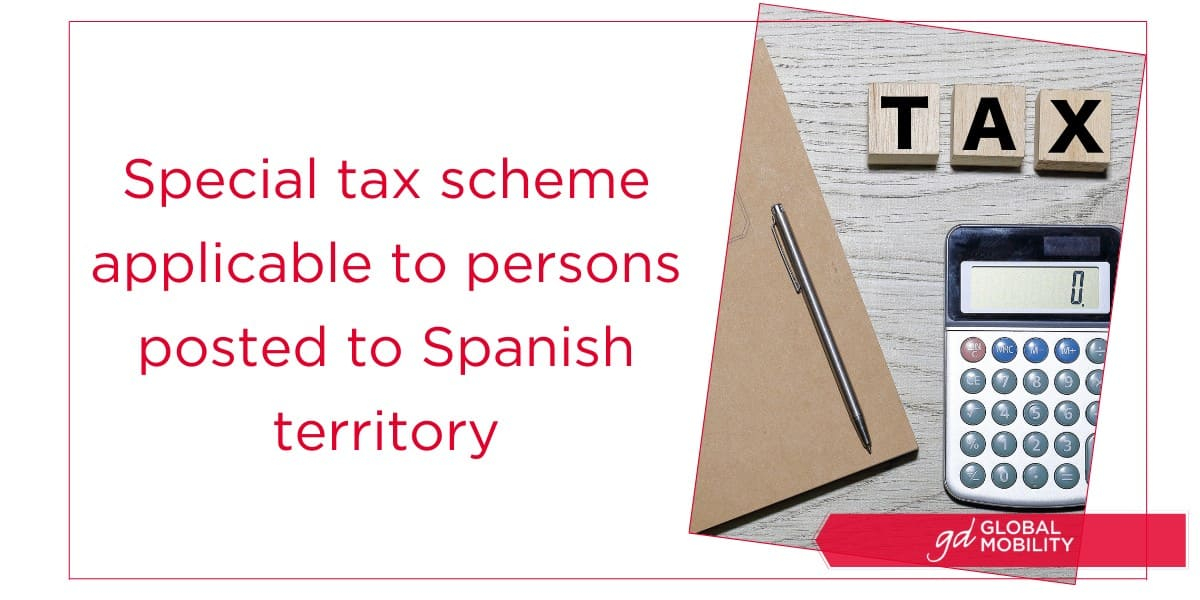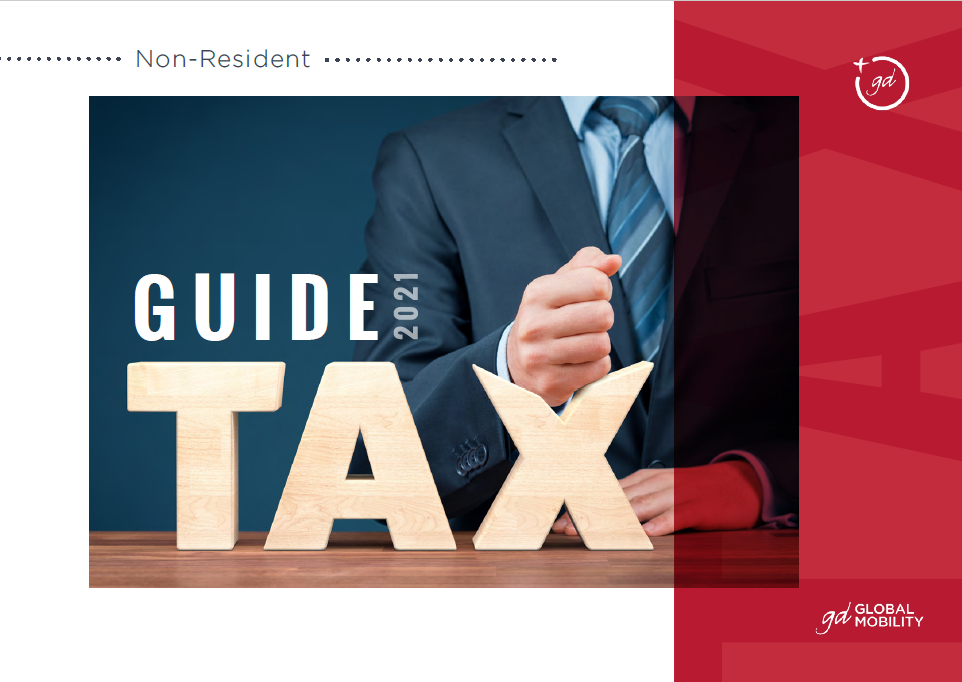
The Law on the promotion of the ecosystem for start-ups, published in the Spanish Official Bulletin (BOE) on 22 December, introduces many new developments in tax matters.
Specifically, in this post we tell you about the special tax scheme applicable to workers, professionals, entrepreneurs and investors posted to Spain (popularly known as the "Beckham Law").
We anticipate that this scheme will allow you to save money when paying taxes, so if you are thinking of moving to Spain it would be a good idea for you know the main advantages that this special scheme provides for impatriates, as well as the requirements that you will need to meet to be able to take advantage of it. Perhaps your situation will allow you to benefit from tax savings.
What does the tax scheme for posted persons consist of?
It is a scheme that allows those natural persons who acquire tax residence in Spain as a result of a job posting to choose to pay Non-Resident Income Tax, maintaining the status of personal income tax payers, during the year of change of residence and the following five tax periods.
Taxing in accordance with the regulations for non-residents provides a great advantage to the beneficiary of this scheme in terms of the income from work. This means:
- The applicable tax rate is 24% on the first 600,000 euros per year (income from work).
- The applicable tax rate is 47% on income exceeding 600,000 euros per year.
In other words, we are talking about a scheme that allows a fixed tax rate to be paid instead of a progressive scheme as happens in personal income tax (and which entails a higher tax payment the higher the income received).
The scale applicable to dividends and other income derived from a stake in an entity’s equity, interest and other income derived from the transfer of equity to third parties, and capital gains obtained in the transfer of equity items, varies from 19% to 26%.
Requirements in order to be eligible for the special tax scheme
Firstly, the person interested in applying must not have been resident in Spain during the five tax periods prior to the one in which their posting to Spain occurs.
Secondly, there must be a specific reason for the worker to move to Spanish territory.
First reason
The first of these is that they have an employment contract. This reason is understood to have been fulfilled:
- When starting an employment relationship with an employer in Spain.
- When the posting is ordered by an employer and there is a letter of posting from the employer or when, without being ordered by the employer, the work activity is provided remotely, through the exclusive use of computer, telematic and telecommunication means and systems. This is the situation for digital nomads. This measure means to attract talent to Spain.
Second reason
The second of the reasons is that the posting to Spain occurs as a result of acquiring the status of administrator of an entity. However, if this entity is considered to be an equity entity, the administrator cannot hold sufficient a stake so that the status of the entity is determined to be related (that is, only equity entities are limited as to the percentage of stake).
Third reason
The third reason is that the posting to Spain has occurred as a result of the performance there of an economic activity which qualifies as an entrepreneurial activity.
What is meant by entrepreneurial activity?
Spanish law states that an entrepreneurial activity shall be understood as one that is of an innovative nature with special economic interest for Spain and as such has a favorable report from the competent body of the General Administration of the State. Certain aspects are looked at for the valuation. For example, the creation of jobs in Spain is taken into account.
Fourth reason
The fourth reason that enables eligibility for this special scheme is that the transfer to Spain has been made as a result of the performance in Spain of an economic activity by a highly qualified professional who provides services to start-ups or who carries out training, research, development and innovation activities, thus receiving a remuneration that represents in total more than 40% of their total business, in terms of professional and personal work.
The third prerequisite for taking advantage of this special tax scheme for impatriates is that the person concerned cannot obtain income that would qualify as obtained through a permanent establishment (except for the third and fourth reasons mentioned above).
What about the family members of the beneficiary of the scheme?
Both the spouse and children under the age of 25 or disabled children of any age may also apply for the special tax scheme provided they meet a number of requirements:
- They move to Spanish territory together with the impatriate worker at an earlier or later time, provided that the first tax period in which the special tax scheme applying to the impatriate worker has not ended
- They have to acquire tax residence in Spain.
- They may not have been resident in Spain in the last five tax periods.
- They cannot obtain income through a permanent establishment in Spain.
- The sum of the net taxable income of the family members in each of the financial years in which the special scheme is applicable is lower than the net taxable income of the main applicant (impatriate worker).
Finally, it is important to bear in mind that, if the beneficiary is at any time denied access to the scheme, the family members will no longer be able to exercise this right.
Do you want to apply the Beckham Law to your earnings? We can help you
We can assist you both in carrying out an analysis of the possibility of applying the special scheme to your particular case, as well as applying for it, monitoring the procedure and obtaining it.
In conclusion, we recommend carrying out an individual and detailed study of each case in view of the application of the Spanish special tax scheme for impatriates.
GD Global Mobility can advise you on the tax benefits that you can apply for with regard to income obtained in Spain.
Are you interested? Contact our professionals for more information.




